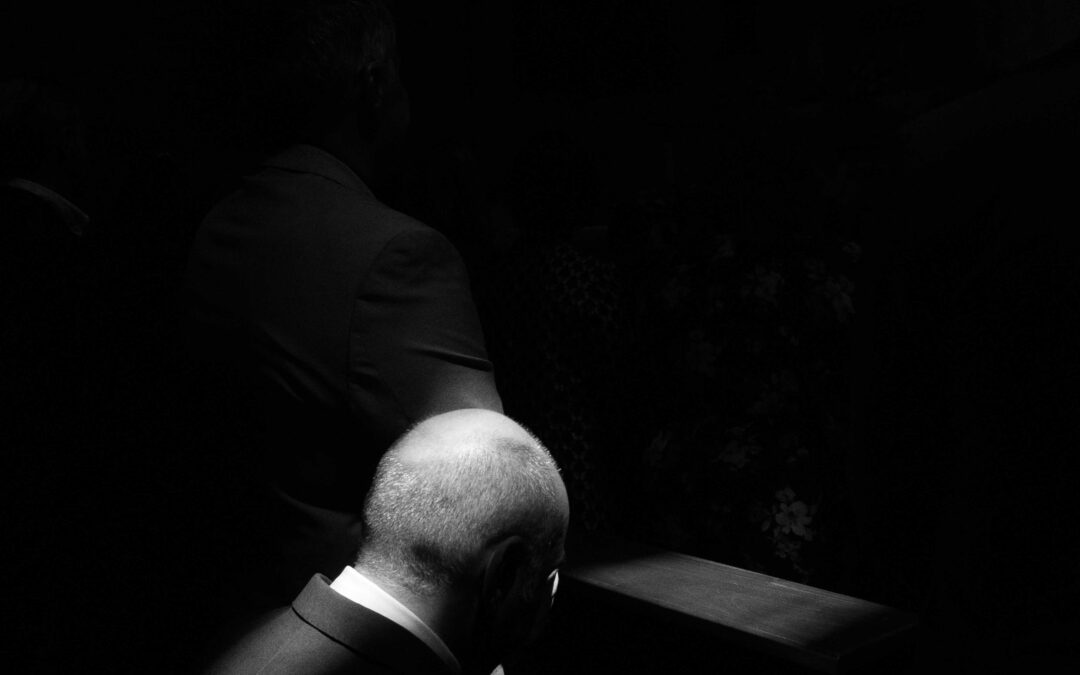
An Expert is Just Some Guy From Out of Town: Analyzing the Neoliberal Evolution of Expert Witness Testimony in Criminal Law
Read Full Article (PDF)
Expert witness testimony plays an outsized role in American law. Called upon to explain medical or scientific terms to less knowledgeable peers, an expert can be a powerful tool, offering an authoritative perspective on specialized aspects of a case. The legal community grants experts this authority based on their alleged knowledge—within the legal sphere, science is “idealiz[ed],” and those with the “right” education or credentials are seen as more credible than those without. Despite this, legal professionals are known to “embrace expert evidence when it is misleading and unhelpful.” The expert witness tool, however, is too often denied to those it would benefit most—or worse, weaponized against them.
This Comment proceeds and analyzes the rise of neoliberalism in expert witness testimony in four parts. Part I provides a brief background on neoliberalism. Part II surveys the background and history of expert witness testimony in criminal cases. Part III discusses how expert witness testimony works in neoliberal ways, and how racial bias regularly disadvantages criminal defendants. Part IV reviews potential solutions for improving and reforming expert witness testimony. This Comment concludes by exploring how neoliberalism and implicit racial bias might continue in the work expert witnesses do in the courtroom.
Alyssa G. Harrison *
* J.D., 2025, University of Richmond School of Law; B.A., 2017, The College of William & Mary. I am grateful to the McNeill Law Society for the great honor of selecting this piece for first place. Thank you to Professor Luke Norris, who oversaw this Comment’s planning and several drafts—it has been a gift to be your student these past few years. Thank you to Gwendolyn J. Goodyear, the lead editor on this Comment, and the rest of the team on The University of Richmond Law Review. I am extremely grateful for your time and commitment to making this community the best that it can be. A final thanks to my family and Elaine Edwards—thank you for keeping me honest and keeping me kind.
